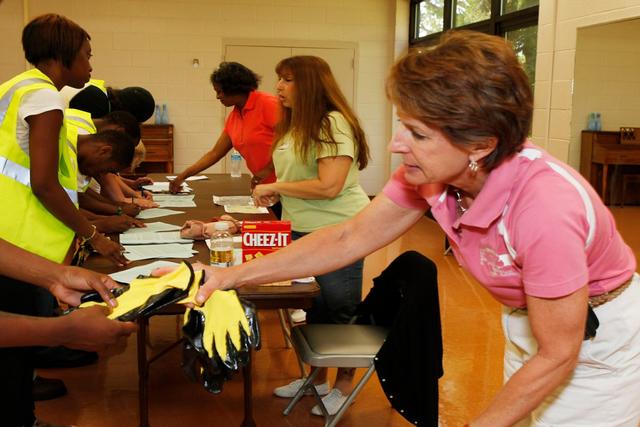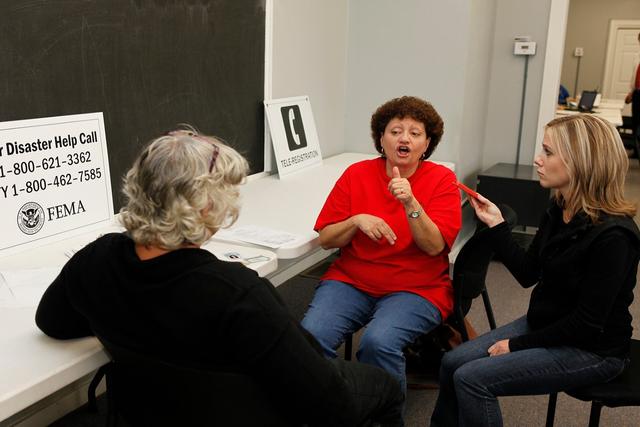Social Services

Overview
The social services industry consists of various sectors and professions that offer services to people in need. There are more than 2.2 million people employed in the community and social services industry, according to the Department of Labor.
Social workers in general work either in direct services, helping clients to cope with everyday issues and solve problems, or in a clinical capacity, diagnosing and aiding people who suffer from emotional or psychological issues. They operate in a variety of community settings, ranging from hospitals and schools to clinics and law enforcement agencies. They are trained to identify and understand their client's problems, help their client understand them, and guide their client through the remedy, whether that includes helping them fill out paperwork to apply for assistance or locating a doctor to treat a mental health issue.
Social services workers operate in broad sectors. For instance, they may work in individual and family services, which include government programs that supply welfare assistance, rent supplements, and food stamps; agencies that provide adult day care and in-home support; child protection services; adoption services; and crisis centers that provide individual, child, marriage, or family counseling.
Residential care services offer personal and social care for those unable to care for themselves such as homeless people, runaway children, elderly people needing help other than medical care, alcohol and drug abusers, the mentally ill, the developmentally disabled, and others.
Job training and vocational rehabilitation services provide help to the unemployed, disabled, and poorly educated. Services include teaching those who need help acquiring new job skills or finding jobs that fit their current skills. Miscellaneous social services includes various groups and organizations that focus on social change and community improvement, such as advocacy groups, health and welfare council...


































